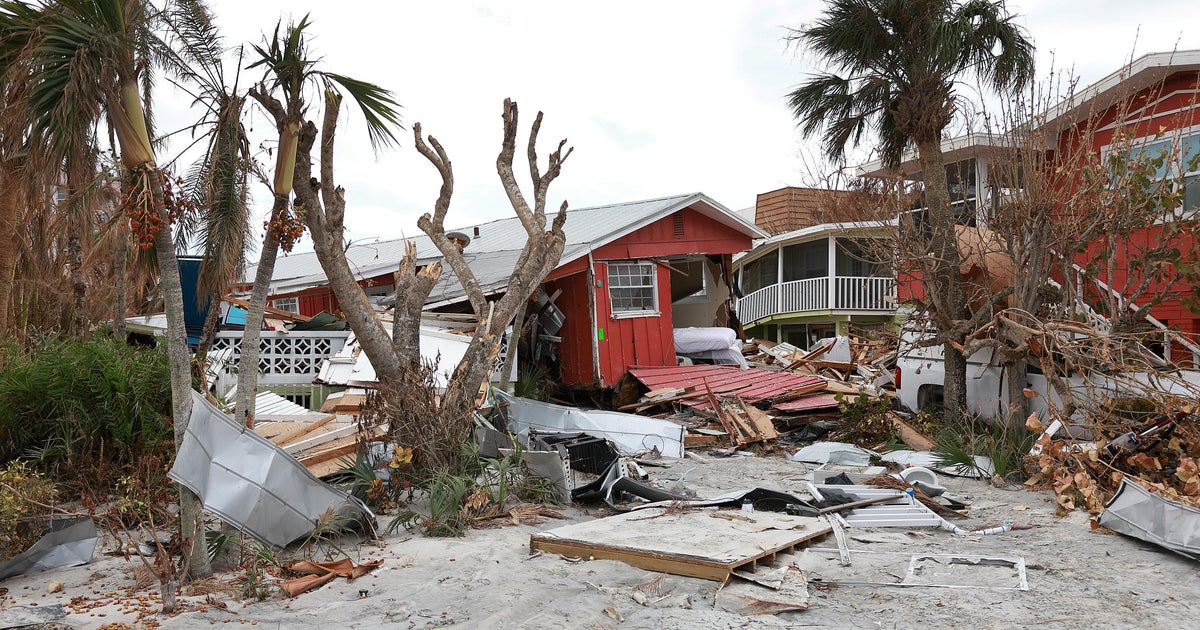Amid high inflation, Florida reports higher-than-expected revenue
TALLAHASSEE – Hurricane recovery efforts helped November tax collections in Florida, as housing sales waned and people continued to dip into savings amid high inflation.
A report released Wednesday estimated that general-revenue collections were 14.1 percent higher than projected for November.
The report by the Legislature’s Office of Economic & Demographic Research estimated the state collected $3.625 billion in general revenue in November, $447.2 million over the projection issued in August.
The office said its preliminary analysis indicated that Hurricane Ian recovery and rebuilding efforts resulted in about a quarter of the higher-than-expected revenue.
The Category 4 storm made landfall Sept. 28 in Southwest Florida before crossing the state.
“This means that most of the final reported overage reflected the continued reliance on savings to support personal consumption and first-round inflationary effects,” the report said.
For months, state economists have said people were reducing the amount they were saving.
Inflation has helped increase tax collections because it causes higher prices, but the report cautioned that is a short-term effect.
“Persistent inflation conditions, however, ultimately suppress collections as consumers begin to spend more money on non-taxable necessities like food and health care,” the report said.
The personal-savings rate stood at 2.4 percent in November, up slightly from 2.2 percent in October.
Before the COVID-19 pandemic, the savings rate in the 2018-2019 fiscal year was 7.9 percent.
The rate ballooned to 33.7 percent in April 2020 as people cut back on spending and started receiving federal stimulus checks.
Meanwhile, documentary-stamp tax collections on real estate transactions were $32.8 million, or 23.9 percent, below a projection for November.
Last week, the industry group Florida Realtors indicated that the housing market is struggling against interest rates that remain above 6 percent — “a rate level not seen since late 2008.”
November figures showed existing single-family home sales in Florida were down 38.2 percent from a year earlier, while condominium and townhouse sales were off 38.9 percent.
“The effect of these higher rates on homebuyer demand throughout the U.S. this fall was not a positive one,” Florida Realtors Chief Economist Brad O’Connor said in a Dec. 21 statement. “Here in Florida, we could already see that conditions were worsening in response to the rise in rates above 6 percent in October’s housing market data. Based on those figures, it’s not surprising that the newly released November figures for closed sales from Florida Realtors exhibit similar declines — and we should probably expect similar declines in closed sales in December, as well, given that rates were at their recent peak near 7 percent for much of November, when many of the homes scheduled to close in December were going under contract.”
The report released Wednesday by the Office of Economic & Demographic Research showed that sales-tax collections — a major part of general revenue –– topped a projection by $412.1 million.
Sales-tax collections related to tourism topped expectations by 11.3 percent, while auto sales were 24.4 percent above a projection. Meanwhile, corporate income taxes were off by 22.6 percent.
General revenue is closely watched in Tallahassee because it plays a key role in funding education, healthcare programs, and prisons.




